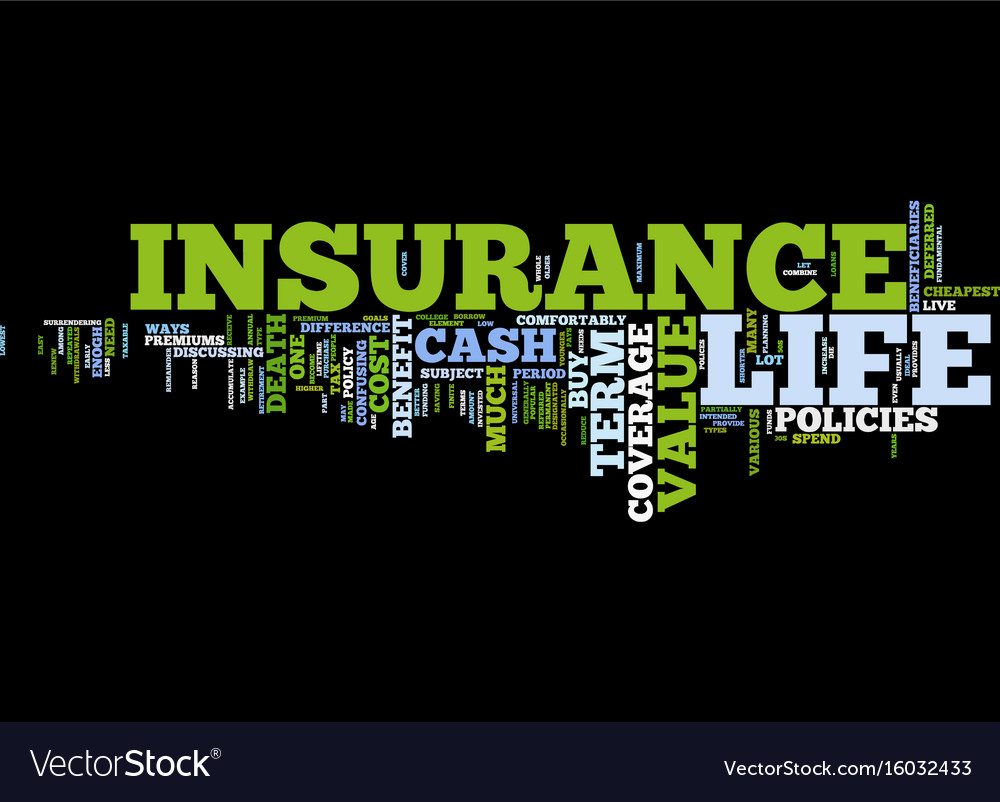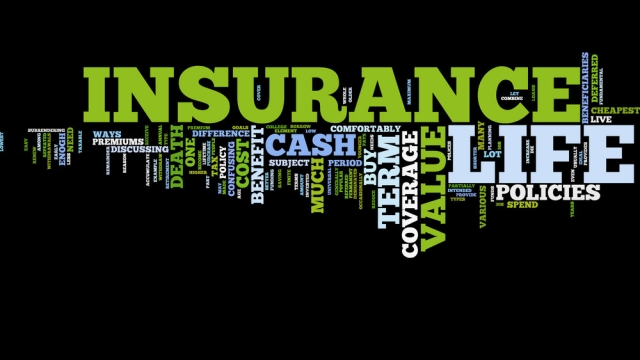Running a business is no easy feat. It involves careful planning, strategic decision-making, and, of course, safeguarding your valuable assets. Protecting your business is of utmost importance, and one crucial aspect of this protection is having the right insurance coverage in place. In today’s rapidly changing business landscape, unforeseen events can have devastating consequences if you’re not adequately prepared. This is where commercial property insurance comes into play. By obtaining the right coverage, you can secure your business against the risks and uncertainties that come with owning a commercial property. In this comprehensive guide, we will delve into the world of commercial property insurance, exploring its vital role in safeguarding your business and understanding the various aspects involved in acquiring the right coverage. Discover the peace of mind that comes with knowing your business is well-protected, enabling you to focus on what matters most: driving your business towards success.
Understanding Commercial Property Insurance
General Liability Insurance Michigan
Commercial property insurance is a vital aspect of protecting your business assets. Whether you own your office space, lease a retail storefront, or operate from a warehouse, this type of insurance provides coverage for physical structures and the contents within them.
This insurance policy typically covers a wide range of perils, such as fire, theft, vandalism, and natural disasters. Having commercial property insurance ensures that any damages or losses experienced by your business due to these perils can be compensated, helping you recover quickly and minimize financial setbacks.
In addition to protecting the physical property itself, commercial property insurance also provides coverage for equipment, machinery, inventory, and even outdoor signs. This comprehensive protection extends to both owned and leased properties, offering financial security against unforeseen events that could hamper your business operations and profitability.
Remember, as a business owner, it is essential to fully understand your commercial property insurance policy and its terms and conditions. By choosing the right coverage that aligns with your specific needs, you can safeguard your business and its assets, giving you peace of mind in an unpredictable world.

Determining Your Coverage Needs
When it comes to safeguarding your business, having the right insurance coverage is essential. One crucial aspect to consider is determining your coverage needs. By understanding the specific requirements of your business, you can ensure that you have adequate protection in place.
To begin, start by evaluating the nature of your business operations. Consider the type of property you own or lease, such as buildings, offices, or warehouses. Assess the value of these properties and the potential risks they may face, such as fire, theft, or natural disasters. Additionally, take into account any equipment, inventory, or other valuable assets that are crucial to your day-to-day operations.
Next, analyze the potential liabilities your business may face. Evaluate the activities carried out within your premises and any potential risks to employees, customers, or visitors. Consider factors like slip-and-fall accidents, product liability, or professional errors and omissions. Understanding these risks will help you determine the necessary liability coverage for your business.
Lastly, review any legal requirements or contractual obligations related to insurance coverage. Certain industries or professions may have specific insurance prerequisites imposed by regulatory bodies. Similarly, if your business has contracts with clients or partners, they may require you to have certain types or levels of coverage. Make sure to comply with these obligations to protect your business interests.
By carefully evaluating your business operations, assets, liabilities, and legal requirements, you can determine the appropriate coverage needs for your commercial property insurance. This ensures that you have comprehensive protection in place to safeguard your business from unforeseen events.
Choosing the Right Insurance Policy
When it comes to safeguarding your business, selecting the right insurance policy is crucial. With a multitude of options available, finding the most suitable coverage can be overwhelming. However, by considering a few key factors, you can make an informed decision that protects your commercial property effectively.
First and foremost, thoroughly assess the specific needs of your business. Different industries have varying risks, so it’s essential to understand the unique threats your commercial property may face. Whether you own retail space, an office, or a manufacturing facility, identifying the potential hazards will guide you in choosing the appropriate insurance coverage.
Next, carefully evaluate the coverage options provided by different insurance providers. Consider the range of risks covered by each policy and determine which ones align with your business requirements and priorities. As you compare policies, pay close attention to details such as deductibles, coverage limits, and any additional services offered.
Lastly, take into account the financial stability and reputation of the insurance company. You want to ensure that your chosen provider has a solid track record of handling claims efficiently and providing support to policyholders. Research customer reviews and ratings to gain insights into their reliability and customer service.
By considering your business needs, carefully evaluating coverage options, and researching insurance providers, you can confidently choose the right commercial property insurance policy. This proactive approach will not only safeguard your business but also provide peace of mind knowing that you have made a well-informed decision.
